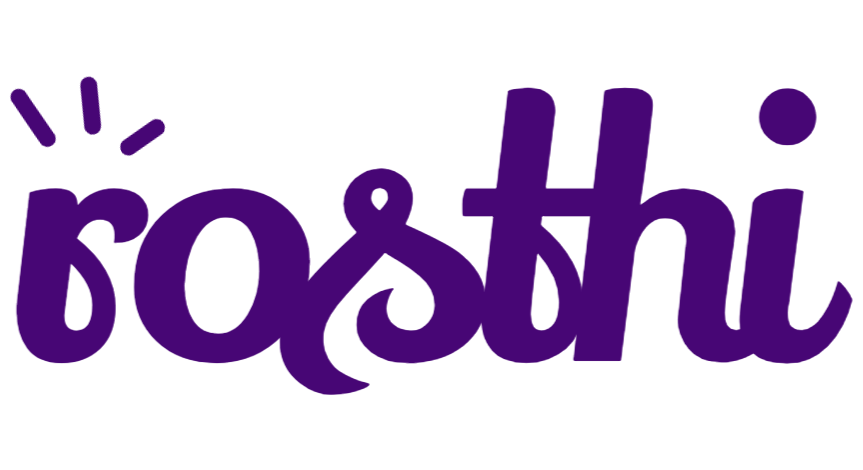In today's tech-driven world, leveraging Artificial Intelligence, particularly tools like Perplexity AI, can truly transform the landscape of education. This powerful AI tool not only streamlines the course creation process but also enhances personalization, ensuring that learners receive a tailored educational experience. Let's dive into how to effectively use Perplexity AI to develop an online course curriculum!
- Defining Course Topics and Objectives
- Structuring Content and Designing Modules
- Developing Learning Materials
- Designing Personalized and Adaptive Learning Paths
- Integrating Multimedia Elements
- Designing Interaction and Engagement Elements
- Developing Assessment and Feedback Systems
- Continuous Updates and Improvement
Defining Course Topics and Objectives
The first step in developing an online course using Perplexity AI is to identify relevant topics and objectives. The AI can analyze current trends and significant concepts within a specific field, allowing educators to select timely and pertinent topics. By utilizing the analytical capabilities of Perplexity AI, educators can establish clear, measurable learning goals that align with the course content, ultimately guiding students towards achieving desired outcomes.
Structuring Content and Designing Modules
Once the course objectives are set, the next element involves structuring the course content logically and designing learning modules. With Perplexity AI, educators can efficiently outline their coursework, as the AI suggests the most effective order for presenting topics based on their interconnections. By analyzing how concepts relate to one another, Perplexity AI helps create a cohesive learning experience, enabling students to build upon their knowledge step-by-step.
Developing Learning Materials
Perplexity AI can significantly aid in creating various learning materials. Whether it’s drafting lecture scripts, generating quizzes and assessment questions, or providing case study ideas and practical assignments, this AI tool makes the content development process more manageable. Moreover, educators can leverage Perplexity AI to compile recommended reading lists, ensuring that their resources are both relevant and engaging for learners.
Designing Personalized and Adaptive Learning Paths
One of the standout features of Perplexity AI is its ability to create personalized learning paths based on individual learners' backgrounds and progress. By analyzing student data, the AI can recommend personalized content, adjust difficulty levels, and provide tools that cater to each student’s unique learning style. This approach not only enhances engagement but also empowers learners to take control of their educational journeys.
Integrating Multimedia Elements
In the age of digital learning, integrating multimedia is essential. Using Perplexity's image search and generation functions, educators can discover or create visual materials that enhance the learning experience. Additionally, the AI can assist in generating ideas for video content and help in drafting scripts, adding a dynamic visual component that keeps students engaged and curious.
Designing Interaction and Engagement Elements
Interactivity is a crucial aspect of online learning. With Perplexity AI, educators can brainstorm discussion topics, group project ideas, and real-time Q&A sessions, making learning more collaborative. These interactive components encourage communication and participation, which are vital for knowledge retention and student satisfaction.
Developing Assessment and Feedback Systems
Effective assessment and feedback systems are vital for monitoring student progress and learning outcomes. Perplexity AI can facilitate the creation of various assessment question types, develop rubrics for evaluation, and even automate feedback systems, allowing for quicker and more efficient grading processes. This ensures that students receive timely insights into their learning achievements, helping them navigate their educational paths effectively.
Continuous Updates and Improvement
Lastly, it's crucial to keep course content current and relevant. Perplexity AI's real-time information retrieval capabilities allow educators to update material quickly, ensuring courses remain aligned with the latest developments in their fields. By analyzing student feedback, educators can make continuous improvements to the curriculum, adapting to learners' needs and preferences over time.
Using Perplexity AI for online course curriculum development empowers educators with efficiency and creativity. This tool enables the design of personalized learning experiences, leading to increased learner engagement and success. However, it's essential to remember that while AI serves as a valuable resource, the educator's expertise and judgment must guide the final decisions, ensuring that the human touch remains in education.



